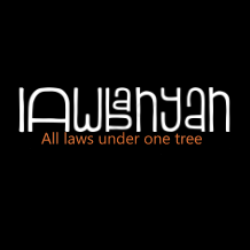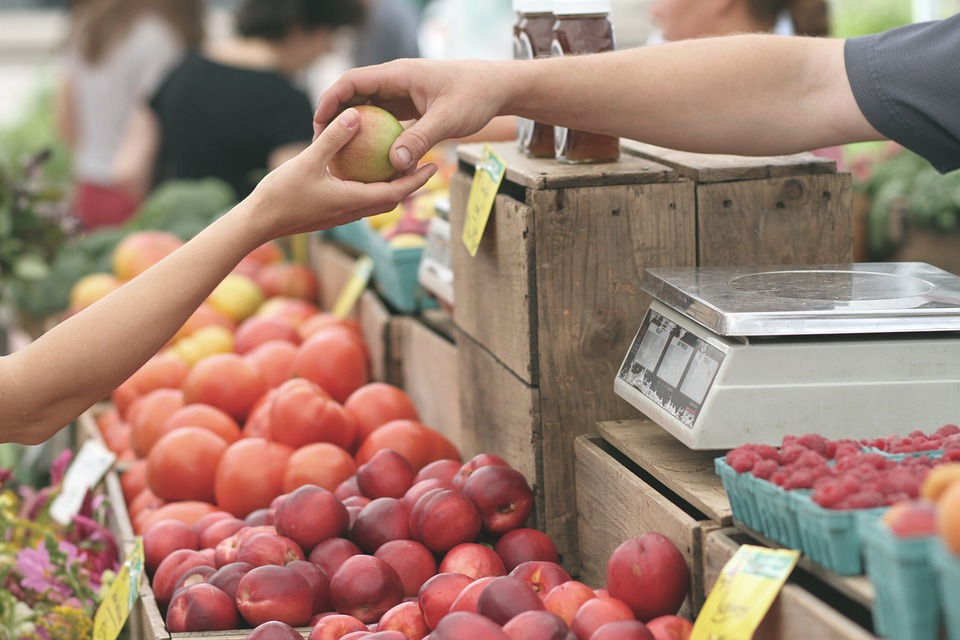Topics covered
- Introduction to Supply in GST
- Definition of supply in GST
- Deemed Supply in GST
- Declared Supply
- Negative list
- Zero rated supply
- Composite Supply
- Mixed Supply
- Conclusion
Introduction to supply in GST
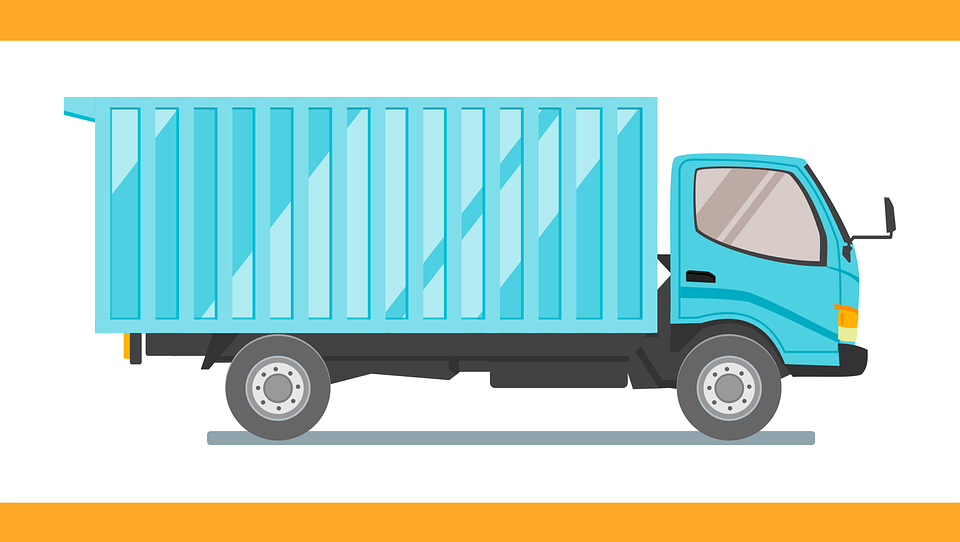
In the previous indirect tax laws you may have seen that tax was imposed at the time of clearance of goods (excise), on provision of service (Service Tax), on sales (VAT), etc. There were a plethora of different events where different taxes were levied. With the introduction of Goods and Service (GST) Tax the task was to choose an event where all the above taxable events could be subsumed. After deep thinking and discussion it was decided that the taxable event would be the supply of service. So the Goods and Service Tax is the supply based taxation. You are suggested to read the post entirely without skipping in between to have a proper understanding of the topic.
Definition of supply in GST

Supply in GST includes the followings as per section 7(1) of Central Goods and Service Tax, 2017
- All forms of supply of goods or services or both such as sale, transfer, barter, exchange, license, rental, lease or disposal made or agreed to be made for a consideration by a person for the furtherance of business.
- Import of services even if cause without furtherance to business.
- The activities specified in schedule I made with or without consideration.
There are some general features for an activity to qualify as supply for taxability under GST.
- Supply may be supply of goods or service. Anything other than goods or service shall not be considered as a supply for applicability of GST.
- Consideration is an important feature for any supply. This consideration may be in form of cash or other forms. Here deemed supplies in schedule I of Central Goods and Service (CGST) Act, 2017 are exceptions where consideration may or may not be involved.
- Supplies shall be for the furtherance of business. For example, suppose you brought a watch. However after few days you felt that the watch is not suiting you and you might go for a more expensive watch. You go to the watch store and sell it as a second hand. Such supplies are not for furtherance of business. So they are not taxable supplies. On the other hand supply of tissue paper by a tissue paper manufacturer is a taxable supply as it is in course of furtherance of his business. As exception always prevail. Import of service is taxable supply even without causing any furtherance of business.
- Supplies should be made by taxable person in taxable territory. However, import of service is one such situation where taxability arises even without supply being provided by a taxable person.
Deemed Supply in GST
As the title suggests you would be learning about those activities which are deemed to be supplies in GST. In such cases the consideration for the supply may or may not be present. These supplies includes-
- Permanent transfer or disposal of business assets on which input tax credit is availed. For example if Company A procures a machine and claims input tax credit. But after 2 years he realized that the machine has become obsolete and needs to be disposed of to bring new machine in its place. Then while disposing off the machine tax has to be paid off.
- Related party transaction. Here the supply of goods or service happens between related parties. Kindly check out other posts on this blog to learn about valuation of such related party transactions.
- Supplies between the agent and the principle are considered as a taxable supply. For example if the agent procures the goods from the market and send it to the principle then such supplies are taxable supplies. Similarly if the principle sent his goods for sale to his agent then taxability arises. However on such supplies input tax credit can be claimed. The valuation of such supplies shall be similar to the supplies in case of related party transactions.
- Import of services by a taxable person from a related person or any other of his establishment outside India, in course of furtherance of business.
Declared Supply in GST

Declared supplies are activities listing in Schedule II of the Act which are declared to be supply of goods or supply of service as the case may be. These activities are listed below
- Any transfer of title of goods is a supply of goods. For example sale of goods.
- Any transfer of rights in goods or undivided share of goods without the transfer of title of goods is supply of services.
- Any transfer of title of goods under an agreement which says that at a future date the goods shall pass on to the recipient upon payment of full consideration is a supply of goods.
- Land and Building
- Any lease, tenancy, easement, license to occupy land is supply of services.
- Any lease or letting out of building including commercial, industrial or residential complex for business or commerce is supply of services
- Treatment or process
- Any treatment or process applied to other persons goods is deemed as supply of services.
- Transfer of assets
- Where goods which are part of assets of a business are transferred or disposed so that they no longer forms the part of the assets, whether with or without consideration then such supplies are of the nature of supplies of goods.
- If the goods used for the purpose of business are put to private use by or under the direction of the person running the business, with or without consideration, the act of making available such goods is a supply of services.
- Where any person ceases to be a taxable person any goods forming the part of the assets of any business shall be deemed to be supplied by him immediately before he ceases to be a taxable person, unless
- The business is transferred as a going concern.
- The business is carried on by personal representative who is a taxable person.
- Supply of services
- Renting out of any immovable property.
- Construction of or alteration of any existing complex, building, any civil structure or part thereof is supply of services. It includes construction of complex or building intended for sale to a buyer. However such construction activity after the entire consideration is received after the issuance of completion certificate or first occupancy certificate whichever is earlier shall not be considered as supply for the purpose of taxability.
- Temporary transfer or permitting the use of intellectual property rights shall be supply of services.
- Any development, design, programming , customization, adaptation, upgradation, enhancement or implementation of information technology software shall be supply of service
- Agreeing to an obligation to refrain from an act, or to tolerate an act or a situation or to do an act is considered as supply of services.
- Transfer of rights to use any goods for any purpose for cash, deferred payment or other consideration is supply of services.
- Composite supply
- Works contract shall be considered as supply of service even if supply goods are involved. Here the tax is levied on the entire value of works contract.
- Supply of goods being foods or any other article for human consumption (other than alcoholic liquor for human consumption) for a consideration shall be considered as supply of service. Such supply may be a part of other services or consequent to provision of any other service. For an example the supply of food in rooms of a hotel is a composite service being part of hotel service and not distinct service.
- Supply of goods by any unincorporated association or body of persons to a member of that association for cash or any other valuable consideration shall be treated as supply of goods.
Negative list

Schedule III of the CGST, 2017 has prescribed the list activities which are neither supply or goods neither supply of services. We will discuss them one by one as follows
- Services by an employee to an employer in course of relation to employment are not taxable supplies. So suppose a software engineer is providing service to a IT company and he is also on the payroll of the company then such supplies are not taxable.
- Services by any court or tribunal established under any law for the time being in force are not taxable.
- a. the functions performed by the Member of Parliament, Member of State Legislature, Member of Panchayats, Member of Municipalities and Member of other local Authorities b.The duties performed in pursuance of any provisions of the Constitution in that capacity. c,The duties performed by any person as a Chairperson or a Member or a Director in a body established by the Central Government or State Government or local authorities and who are not deemed as employee before the commencement of this clause.
- Service rendered in funeral, burial, crematorium or mortuary including transportation of the deceased.
- Sale of land subject to clause (b) of para 5 of Schedule II, sale of building. You may refer to the link to read more about service on construction as a works contract service
- Any actionable claim excluding lottery, betting and gambling.
- Supply of goods from one non taxable territory to another non taxable territory without goods entering into India.
- Even supply of warehoused goods to any person before clearance for home consumption is included in this list.
- Supply of goods by consignee to another person by endorsement of document of title to the goods after the goods have been dispatched from the port of origin located outside India but before clearance for home consumption.
In addition the government can notify goods or services in the negative list from time to time.
Zero rated supply
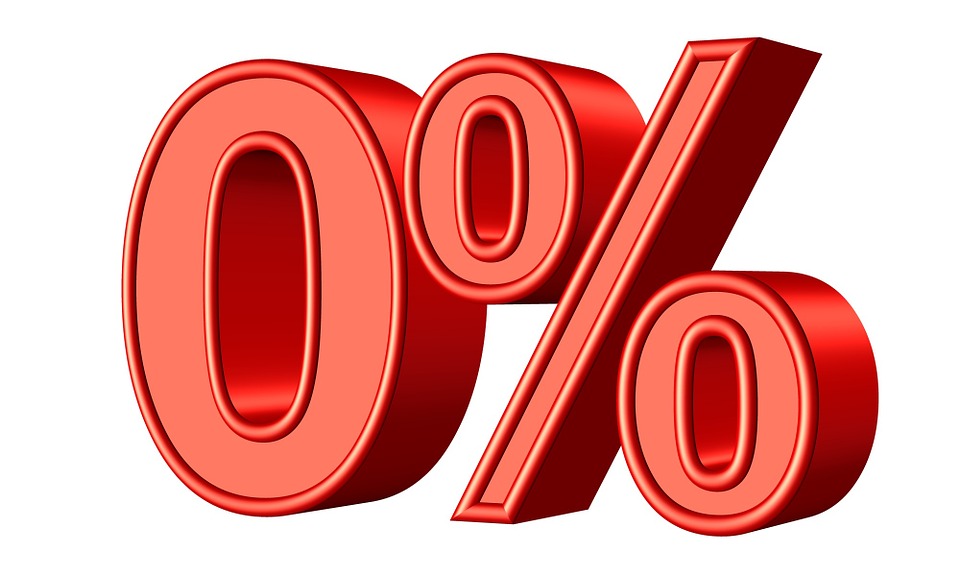
The zero rated supply has been defined in section 16 of the Central Goods and Service Tax (CGST). Such supplies may or may not be exempted from tax. The difference between exempted and zero rated supply is in exempted supply there is no need to pay tax (GST) on supplies. However they would not be eligible to take input tax credit on the inputs or input service leading to such supplies. On the other hand in zero rated supplies the assessee is paying tax at zero rate which is eventually no tax as was the case in exempted supply. But now he would be eligible for the input tax credit on inputs and input services. Further he may claim refund in case of unutilized credit. These services are
Composite Supply

Composite supply has been defined in section 2(30) of the CGST Act, 2017. It means two or more supplies of goods or services which are naturally bundled and are supplied in conjunction of each other. For an example in many big hotels we find that laundry facility and food in room service is given. In such case renting of accommodation is the primary activity. However laundry and food supplies are naturally bundled up with the primary activity. These services are called composite services.
In composite services the rate of GST is same for all the bundled supplies. In this example the rate of tax for laundry and food shall be equal to that of the renting of accommodation.
Mixed Supply
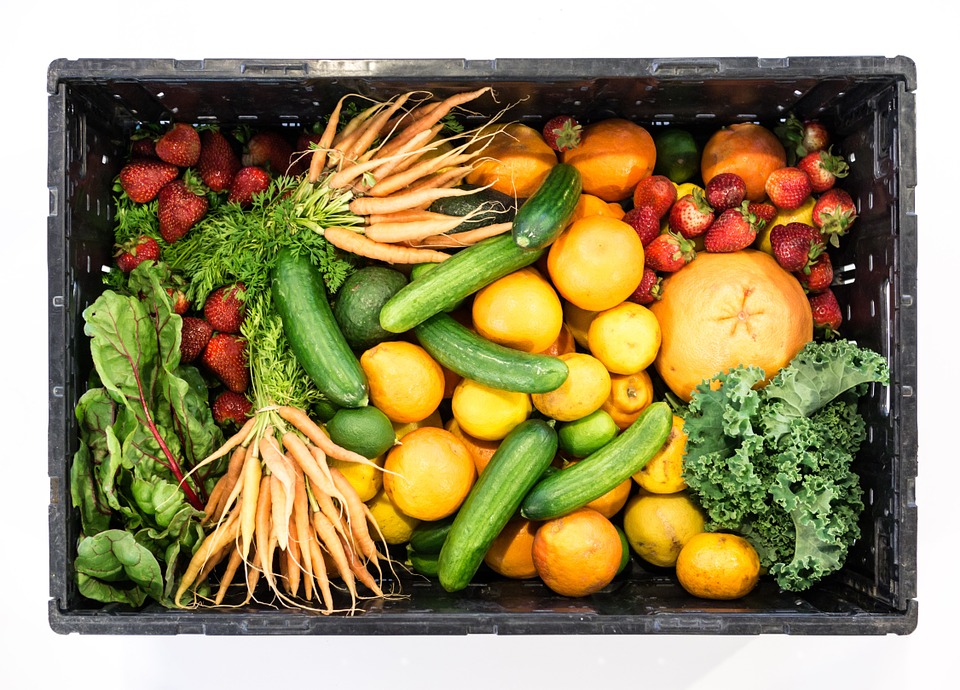
Mixed supply in GST is defined in section 2(74) of the CGST Act, 2017. In such supplies we see that two or more supplies are made in conjunction for a single price in such a way that they are not naturally bundled up. One important characteristic of such supplies is that each supply could be made independently but the supplier chose to bundle up different supplies to make it a single supply i.e. the supplies are not naturally bundled as we saw in the previous example.
For instance a box of hamper which contains chocolates, fruits, sweet, drinks, etc is sold for a price. Here each item could be supplied independently. However when all the items are sold as a hamper, it becomes a mixed supply. Here the rate of tax applicable under GST shall be the highest rate of tax among all the items in the hamper.
Conclusion
Supply is an important concept for understanding the taxability under Goods and Service Tax. In this post all the kinds of supplies are covered.
Also learn about casual taxable supply and registration in GST.
If you like this post, have queries or require any improvement as per your need please leave a comment. You may also refer to other posts on GST which in this blog site which are absolutely free contents.
